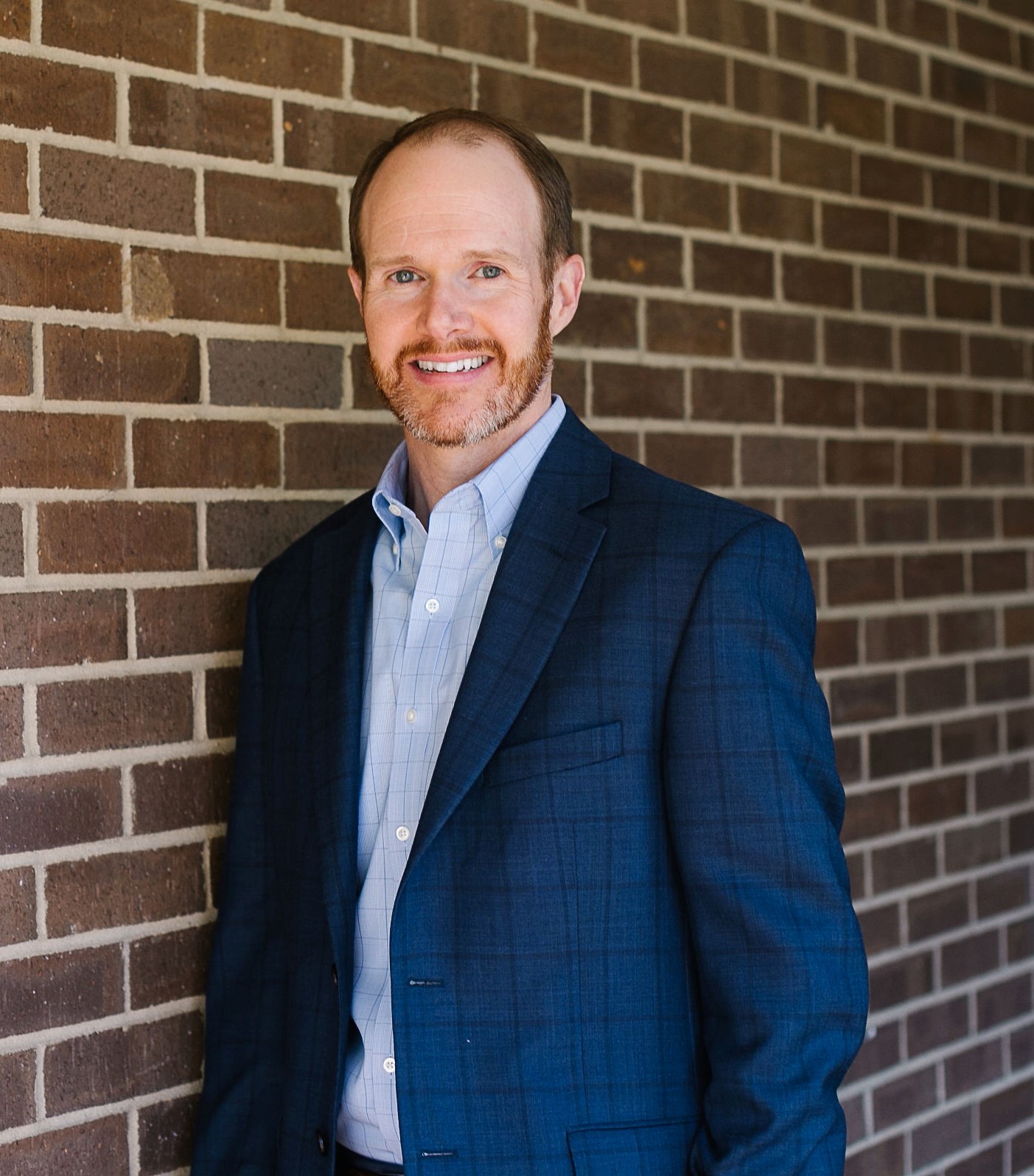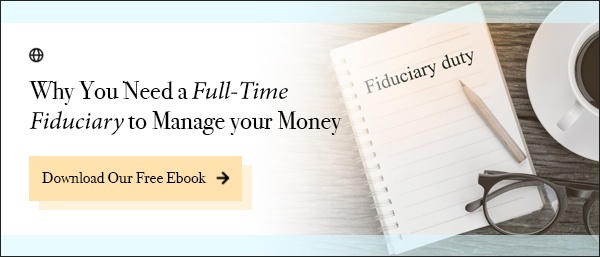Global View Investment Blog
How to Stop Worrying About Finances: Tips from a Financial Advisor Greenville SC
As a financial advisor in Greenville SC, I deal with worry all the time. Sometimes it is me who’s doing the worrying. However, often, it is me coaching worried clients.
“I wish I hadn’t spent so much of my life worrying.”
A few years ago, a group from Cornell University did a study called the Legacy Project. The group studied more than 2,000 elder Americans, and one of the primary questions posed was, “What do you regret, and how can young people reach the end of life without major regrets?” The number one answer by far was versions of, “I would have spent less time worrying.”
So, Why Worry?
Yes, the investment and financial planning world can be stressful, but you shouldn’t have to take on that burden.
Worry comes about because of the unknown. So, when it comes to your finances, it’s important to work with a financial advisor (Greenville SC) who has the experience and knowledge to eliminate this unknown. The right financial advisor should help prioritize your concerns and lessen the burden you take on.
Common worries about our finances include:
- What if my investment accounts go down? (Not if, but when?)
- If there is another stock market crash, will it jeopardize my retirement?
- When should I retire?
- What am I going to do when I retire?
- Will I have enough for retirement?
- If I die, will my spouse be financially sound?
There are so many “what ifs,” you can drive yourself crazy thinking about them all. But as part of the planning process, these questions should be asked and addressed. Proper planning should be done and action taken. But they should not be obsessed over.
How do you overcome the worry and the fear of the unknown related to your finances?
I can bring the worldly answers to the above questions, but as a follower of Christ, I rely on much more than what the world has to offer. God’s word, the Bible, has more than 2,000 versus about how we should handle our money and possessions, including not worrying about it. There are several principles that I follow.
1. God Owns It All
In Deuteronomy 10:14, it says, “To the Lord your God belong the heavens, even the highest heavens, the earth and everything in it.”
Anyone with common sense recognizes that when we are gone from this earth, our assets will stay. So, do we every really own them? No.
In Psalms 89:11, it says, “The heavens are Yours, the earth also, is Yours, the World and all it contains You have found them.”
2. I am Here to be a Steward of These Resources
God clearly instructs us to be prudent managers of His resources. In the parable of the Talents (Matthew 25:14-30), God illustrates his commandment for us to be good stewards of the resources we are provided to manage (our time, abilities, money and possessions).
This doesn’t mean investing recklessly or burying our money in the backyard. There is a balance, and God’s calling for each person uniquely falls somewhere in that balance.
3. Seek Wise Counsel
Proverbs 12:15 says, “The way of a fool is right in his own eyes, but a wise man listens to advice.”
Even though the words “advisor” and “planner” are in my job titles, I strongly rely on my advisors (accountants, attorneys, trusted friends and accountability partners) for guidance on my personal and business affairs. Often, when we are looking at our own affairs, our view of reality or good judgement can get distorted.
4. Expect Uncertainty
There is always uncertainty in the world, especially financial uncertainty. It is not healthy to hide from the valleys of life, but we also should be careful when we are on the mountains. Stock markets go up and go down. Don’t let emotions dictate your actions during those times.
Deuteronomy 31:6 says, “So be strong and courageous! Do not be afraid and do not panic before them. For the Lord your God will personally go ahead of you. He will neither fail you nor abandon you.”
5. Have a Plan and Stick to It
In Luke 14:28, Jesus says, “Suppose one of you wants to build a tower. Will he not first sit down and estimate cost to see if he has enough money to complete it?”
Clearly, we are to have a plan in place. There should be something to strive for and a strategy to accomplish it. There will be times when the plan needs to be tweaked, but the core of the plan shouldn’t change because of emotional reactions to some external circumstance.
Proverbs 16:9 says, “The heart of a man plans his way, but the Lord determines his steps.”
In Summary
Remember, you don’t own it; God does. Manage it well. Ask for help and accountability. Things happen that aren’t comfortable. Plan and don’t deviate when it isn’t comfortable.
Allow a true, independent financial advocate to help you stay the course.
We are not designed for worry. Physically and emotionally, we can’t handle it. These five basic principles are a great start to reducing worry of any kind, but especially when it comes to finances.
If you’d like to talk about ways to eliminate financial worry from your life, contact me directly. I want to help.

Written by Joe Hines
Joey's primary focus is working with clients in the goals setting and financial planning process. He has extensive experience is in helping clients facilitate the decision making process, leading them through the implementation of their financial plan and contributing to their peace of mind. This includes helping clients gain an understanding of estate planning, charitable giving, and helping them implement these plans by working closely with estate planning attorneys.
Are you on track for the future you want?
Schedule a free, no-strings-attached portfolio review today.
Talk With Us






